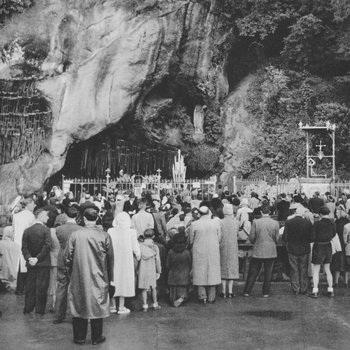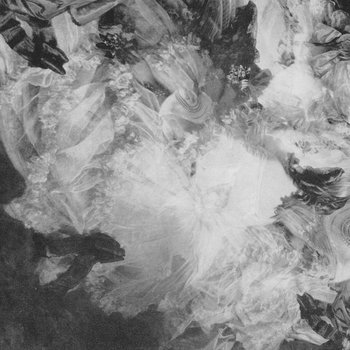
Canadian violinist Christopher Whitley presents his first release of this year, Landscape Shifts (Slight Return), a collage of material derived from a 40-minute single movement piece that originally premiered in Austin, Texas earlier this year, composed by Christopher Whitley for small ensemble, electronics and projections.
Having been composed and performed a month before the Covid-19 related US shutdown, the piece was originally conceived in response to the book How to Do Nothing: Resisting the Attention Economy by Jenny Odell, yet took on a new meaning as the core theme proved to be uncannily prescient in the following months of enforced stasis and lockdown.
The work itself, split into two parts, evokes themes of solitary introversion and serene patience, embedded in an tranquil ambiance featuring light movements of cello, voice, violin, piano, percussion and electronics, yet the piece never comes to feel cluttered as the small ensemble unfolds in a flurry of harmony throughout its 23-minute duration, as even in its busiest moments Landscape Shifts (Slight Return) is as much about the music as it is about the silence in between the individual sounds, giving the work an acute sense of intimacy that offers listeners a moment of sincere respite in these turbulent times.

Under his moniker "Blessed are the Hearts that Bend," filmmaker and artist Luke Seomore channels his narrative abilities and experiences into musical output. Is My Destroyer, his latest album, is an ode to film, legacies and trauma.
On the album, Luke showcases meticulously sculpted compositions that range from solemn ambient soundscapes to orchestral symphonies, often featuring spoken word or field recordings, while being permeated by a rich sense of cinematic atmosphere. Is My Destroyer unfolds like a story arc, always filled with a sense of time and direction as ideas morph, grow, disperse and rekindle; with key pieces like "Palace" these ideas seem unbound, bursting out of their seams with emotional grandeur, elegance and passion, while other works such as "Orio" or "The Tower" offer sincere moments of reprieve.
In the end, Is My Destroyer feels like a film without pictures, enticing listeners to fill the void with their own imaginings as they experience this moving body of work, leaving one with both a shared sense of connectivity and a singular experience, which ties in to the core theme of the work, one where Luke questions how experiences, legends, ideas and trauma get passed on through generations.
Initially self-released digitally earlier this year, Ruben Kotkamp's debut album fall/winter 19ʼ20 showcased the Netherlands-based artist's prowess at crafting a musical world entirely his own, enveloped by a fabric of electronic blips, glitches and clamor. Yet under this soundscape of synthetic networks lies a poignant human component that underpins the inherent moving quality of the work, which when viewed in its entirety comes across as a meditation on the digital ages continually intersecting framework between man and machine, voice and sound, body and fabric.
For this expanded issue, Vaknar presents the original album in physical format for the first time, while including two new pieces that further expand upon themes found in the original work, such as a new composition by Ruben Kotkamp, which interlaces some of the albums components into a 12-minute barrage of static noise and modulated voice experiments.
Additionally the expanded album includes a rework by Belgian composer Mathieu Serruys, who likewise reworks various components from the album and molds them into a 9-minute long, heavily tape-processed soundscape of clattering hiss, droning horns and tempered voices, ending the album on a final swan song of deteriorating machinery and human impermanence.
More information on all three releases can be found here.
Read More

